
Honduras, Latin America: Week in Review
OAS Readmits Honduras To Regional Block After 32-1 Vote
June 2, 2011 By Staff
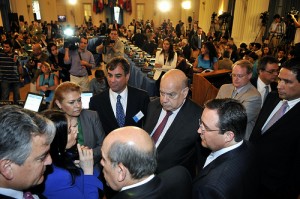
A special session of the OAS General Assembly voted to reinstate Honduras on Wednesday.
Today in Latin America
Top Story — The Organization of American States (OAS) readmitted Honduras to the regional bloc Wednesday, ending a two-year diplomatic hiatus that began with the June 2009 coup that ousted then-President Manuel Zelaya from power.
The group, which consists of the 34 independent states from the Western Hemisphere excluding Cuba, lifted the suspension after a 32-1 vote during a special meeting held at its headquarters in Washington D.C.
“This is an important milestone for Honduras, for this organization and for our hemisphere,” said Arturo Valenzuela, the U.S. Assistant Secretary of State for Western Hemisphere Affairs.
Honduras’ 2009 coup was triggered by Zelaya’s decision to hold a non-binding referendum asking people whether they supported holding a constituent assembly to rewrite the constitution, which many viewed as a plot to remove constitutionally mandated presidential term limits.
The coup leaders sent Zelaya to Costa Rica, but he tried numerous times to return. Two months later he managed to make it into Honduras and boarded himself in the Brazilian Embassy before agreeing to go into exile in the Dominican Republic in January 2010.
The coup was broadly condemned by the international community and the OAS quickly expelled Honduras with many member nations cutting off aid to the impoverished Central American country. The decision to readmit Honduras to the group was hotly debated even after the interim government held an election in 2009, bringing current President Porfirio Lobo into office.
It was not until presidents Juan Manuel Santos of Colombia and Venezuela’s Hugo Chávez brokered a deal to allow Zelaya to return from exile that the OAS moved to readmit Honduras.
Zelaya returned Saturday to Honduras from 16 months in exile after charges brought against him during the coup were dropped. Zelaya, who is still a popular figure in Honduras, plans to reenter the political arena.
Ecuador was the only country to vote against readmitting Honduras, saying it was not appropriate for Honduras to return due to the country’s poor human rights record and the fact that the coup plotters went unpunished.
“Ecuador considers that the conditions do not exist to fully restore Honduras to this organization,” said María Isabel Salvador, the country’s ambassador to The OAS. “Rule of law has not been completed. … Repressive impunity continues.”
Just Published at the Latin America News Dispatch
- As Peru prepares for its runoff presidential election on June 5, the race is still too close to call. Get to know conservative candidate Keiko Fujimori in this interview by Paul Alonso, translated by the Latin America News Dispatch. (If you missed it, also check out Paul’s interview with Fujimori’s adversary — leftwing nationalist Ollanta Humala.)
- About 140,000 Uruguayans left their country in the aftermath of the 2001 financial crisis. Now, tiny Uruguay’s booming economy is luring them back. Mariana Bueno reports from Montevideo.
Headlines from the Western Hemisphere
North America
- Mexico’s central bank chief Agustín Carstens was in Brazil Wednesday in an attempt to win support for his bid to head the International Monetary Fund.
- The Mexican government fined billionaire Carlos Slim’s telephone company $7.86 million for blocking a competitor.
- New York Governor Andrew Cuomo suspended the state’s participation in the Secure Communities program, which aims to deport undocumented immigrants who have been convicted of crimes.
Caribbean
- Tens of thousands of Cubans are no longer employed in the island’s widely praised health care system, authorities said Wednesday, after warning last year of a need to slash redundant jobs among less-skilled medical workers.
- Governor Luis Fortuño of Puerto Rico says the island will issue $304 million in bonds to repair roads and improve transportation facilities.
- The Nation is collaborating with Haitian weekly newspaper Haiti Liberté to publish a series of articles based on nearly 2,000 Haiti-related U.S. cables made public by WikiLeaks.
Central America
- El Salvador’s defense minister said that Mexican drug cartels are seeking high-powered weapons from military and police forces throughout Central America.
- The former head of military intelligence during Guatemala’s civil war, Otto Pérez Molina, leads a recent poll of early presidential hopefuls with 36.9 percent support.
- According to State Department cables made public by WikiLeaks, the chief justice of the Honduran Supreme Court, Jorge Alberto Rivera Avilés, and the country’s attorney general, Luis Alberto Rubí, told the U.S. Embassy in Honduras they never issued an arrest warrant for then-President Manuel Zelaya.
Andes
- Venezuelan authorities have arrested a key ideological leader of the FARC leftist guerrilla group who is known as “The Singer” for his role as a musician promoting the rebel movement, officials said Wednesday.
- Family members of thousands of Colombians who were killed or who disappeared are suing Chiquita Brands International, alleging the produce company is liable because of its payments to paramilitaries.
- Peruvian markets got hammered Wednesday for the second time this week, amid investor concern about a possible win by a nationalist candidate in Sunday’s election, as well as the global market drop.
- Bolivia has apologized to neighbouring Argentina for inviting Iranian Defence Minister Ahmad Vahidi for a visit.
Southern Cone
- The Chilean government plans to investigate the role of the Augusto Pinochet regime in the murder of the Nobel prize-winning poet Pablo Neruda.
- The World Bank and 40 cities from around the world pledged to reduce greenhouse gas emissions during a summit in Sao Paulo, Brazil.
- The Argentine government accused the world’s four largest grain traders of large-scale tax evasion.
- Paraguayan authorities seized 875 kilos of cocaine hidden in a shipping container and disguised as bags of rice.
Image: OEA – OAS @ Flickr.
Subscribe to Today in Latin America by Email

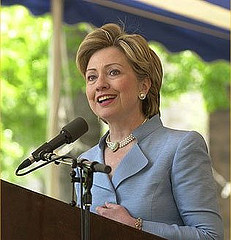
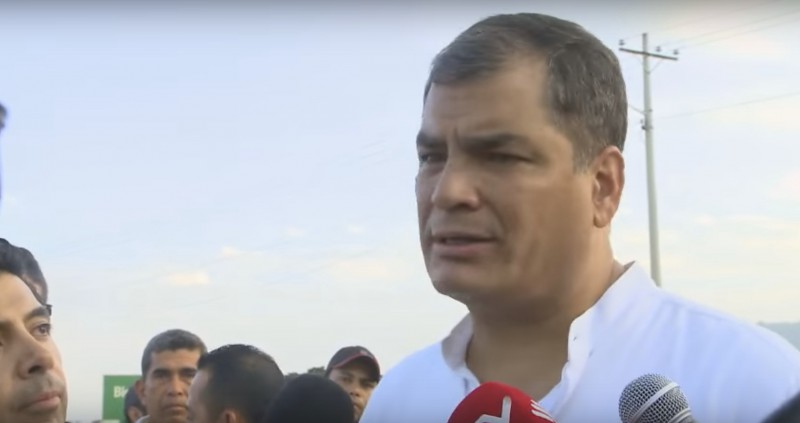
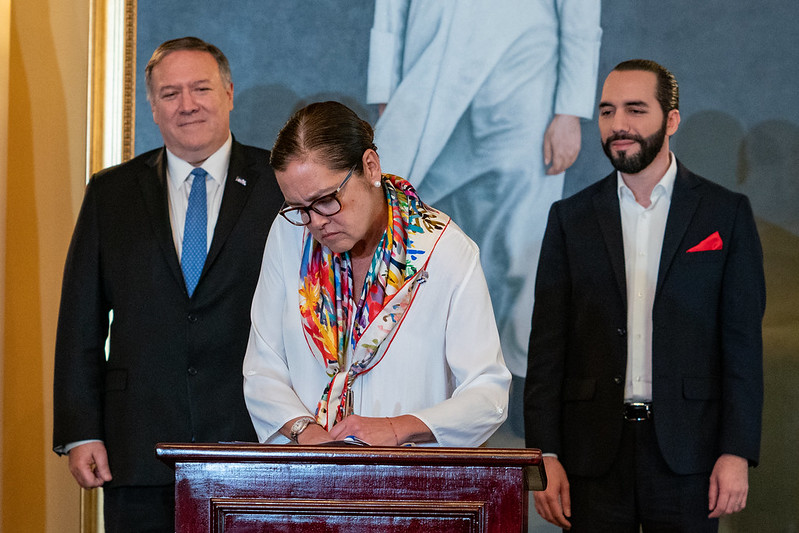
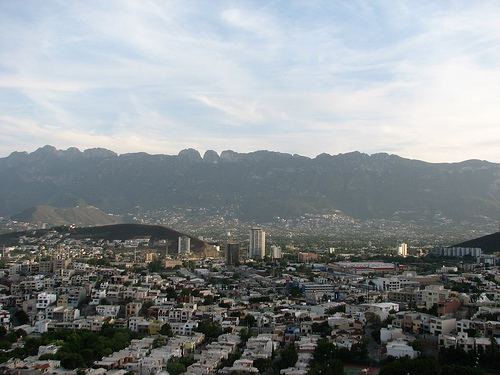

2 Comments
[…] this month, the Organization of American States (OAS) voted to allow Honduras back into the regional group, ending a two-year diplomatic hiatus that began with the June 2009 […]
[…] this month, the Organization of American States (OAS) voted to allow Honduras back into the regional group, ending a two-year diplomatic hiatus that began with the June 2009 […]
Comments are closed.